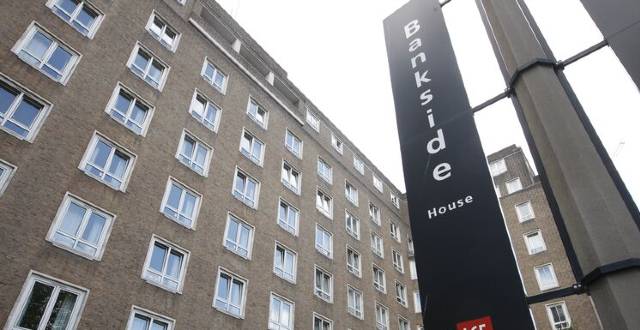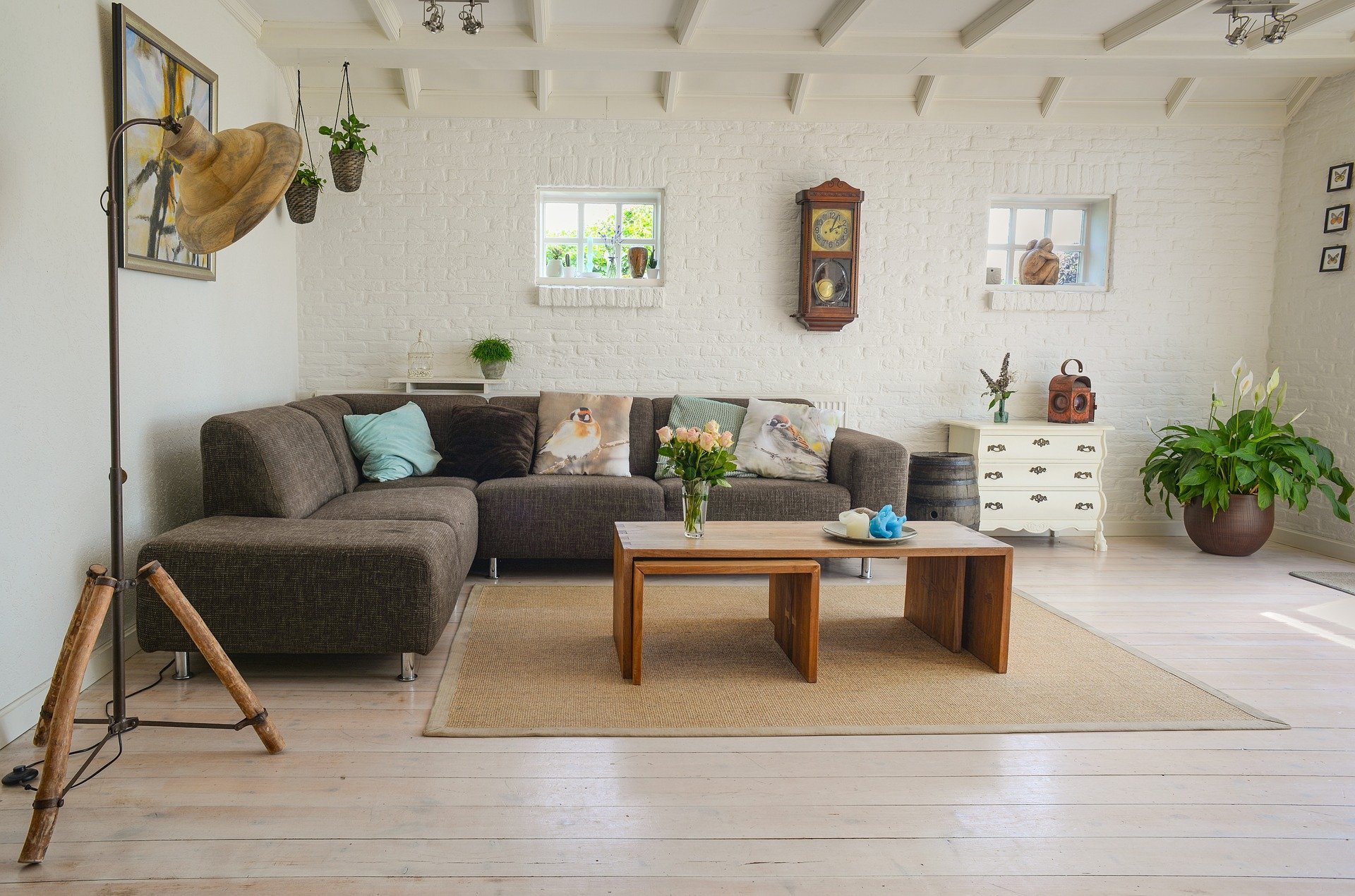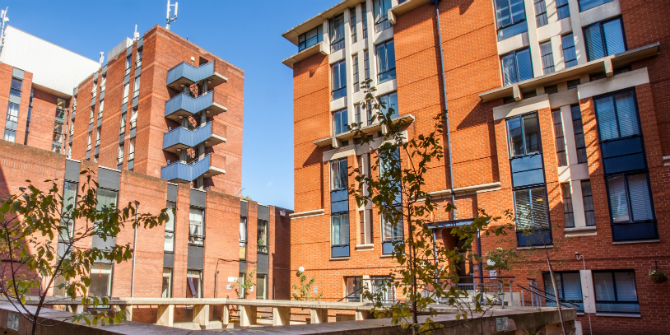As an international student, one of the first things I did before arriving at LSE was to start looking for accommodation. With September being a peak time for student inflow into the United Kingdom, I was made aware that I should get my hands on something decent as soon as possible, and put down a deposit to book it. In addition to all the things I had to do in the process of confirming my offer at LSE, I had also to be on the lookout for good accommodation!
This blog details three of my top six criteria to decide on accommodation. After all of the research I did (which was a lot indeed), I narrowed down my personal preferences to two and then chose the one that suited me best. This blog intends to walk you through my thought process so as to present a meta-level view of how accommodation might be chosen. So, as always, take these with a pinch of salt, but most importantly, customise these to suit you!
1) Student accommodation vs private housing
First things first, it was a matter of choosing which path I wanted to take. Private housing and student accommodation are the two most popular accommodation paths that students take. Both have their own sets of pros and cons that vary depending on personal needs and wants. I spent a few hours researching private vs student accommodation so as to make an informed decision. My decision in favour of student accommodation was fairly straightforward and arose almost as soon as I started doing my research. I noticed, for instance, that private accommodation required certain taxes and other bureaucratic aspects that I chose not to understand given that my priorities lie elsewhere. LSE’s offer letter and website have good information on choosing accommodation.
2) Make a list of priorities
Everyone has different needs when it comes to accommodation. These can be the need for private space, the need for a peaceful neighbourhood, the need for a private kitchen, etc. The first step is to articulate these for yourself and make sure your rationale for selecting them is well-formed. This will change the way you look at accommodation search because you now know your priorities and also know when you can say concrete “no”s and “yes”es. In my case, I went one step ahead and divided these into graded priorities. I list some of them here to walk you through the thought process:
- Must have: A shared room – I have shared a room all my life, and prefer the company, plus it’s so much cheaper than single rooms.
- Must have: Walking distance to LSE: I’d rather spend on accommodation than travel. I calculated prices and the rooms I was looking at satisfied this criterion.
- Good to have: En-suite bathroom – this was not a deal-breaker, but I would rather have an attached bathroom rather than share one with the entire flat/floor.
These priorities reflect our values at the time as well. For instance, I valued being a part of a community, and “sharing” in general. This enabled me to choose accommodation accordingly and showed me the sacrifices I was willing and unwilling to make.
3) Price points and budget
Now that the priorities are sorted and the route (private vs student housing) is decided, the next step is to decide the price one is willing to pay for accommodation. As an international student hailing from a developing country, the conversion rate between my currency and GBP is quite high. I was not willing to pay too much for accommodation. It is a good thing I wanted to share a room! Deciding a budget range is a great starting point as it helps you see what priorities, as listed above, need to be changed. You might also reach a point where you might modify your price point based on your priorities. This also includes the money you are willing to pay on other commodities: including, but not limited to, WiFi, water, electricity, gas, etc. These need to be accounted for while choosing accommodation.
This brings us to the end of Part 1. In Part 2, we will explore a few more aspects that are relevant to choosing good accommodation. See you soon!






